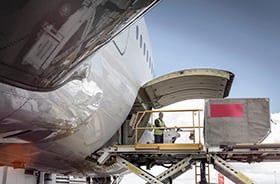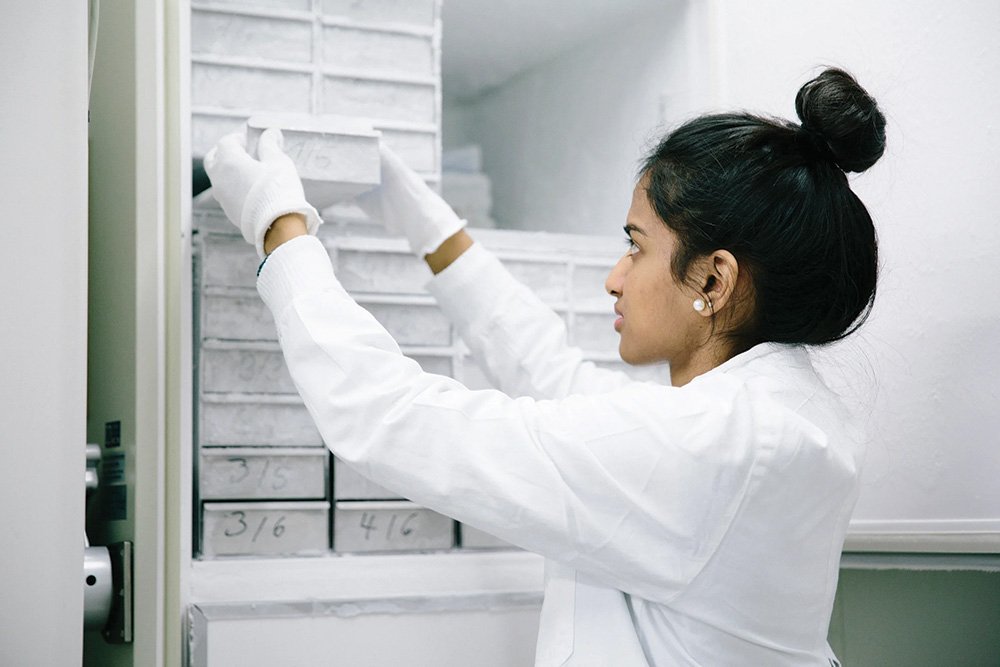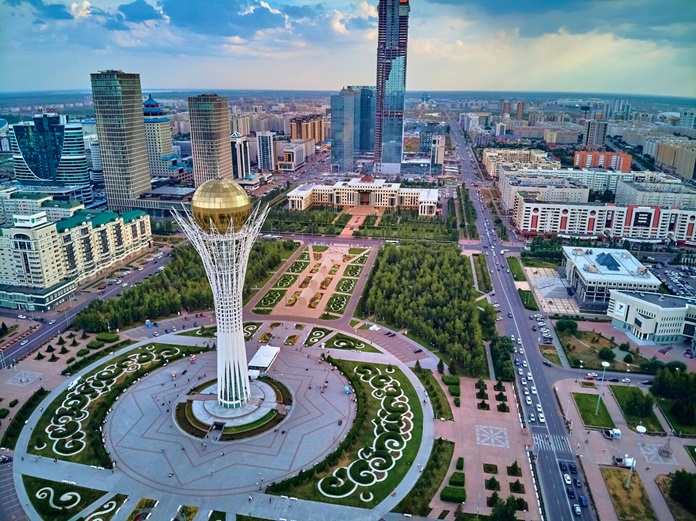IATA, in its Quarterly Air Transport Chartbook for 2Q2023, announced (31-Aug-2023) the following updates on sustainability and energy transition:
- Airlines reached 41 publicly announced SAF offtake agreements and 18 non-binding agreements since 2022, including both MoUs and letters of intent. The agreements represent a total blended SAF volume of around 26 million tonnes. At the current blending ratio of 30% to 40% SAF, the total volume of neat SAF in the agreements is estimated to be eight to 10 million tonnes;
- As the HEFA pathway is the most mature biofuel technology for SAF production and is the fuel of choice in the majority of SAF offtake agreements, followed by Syngas-FT. The HEFA pathway continues to be the most prevalent for renewable fuel production, accounting for 85% of global renewable fuel capacity;
- SAF produced via the AtJ pathway reached approximately half of the total estimated SAF offtake volume due to two relatively large offtake deals signed in early 2022 and early 2023;
- Over 130 renewable fuel projects have been announced publicly by more than 90 producers in 30 countries globally. Each of these projects has identified commitments to producing SAF. These projects represent an estimated overall renewable fuel capacity of 57 million tonnes by 2029.








